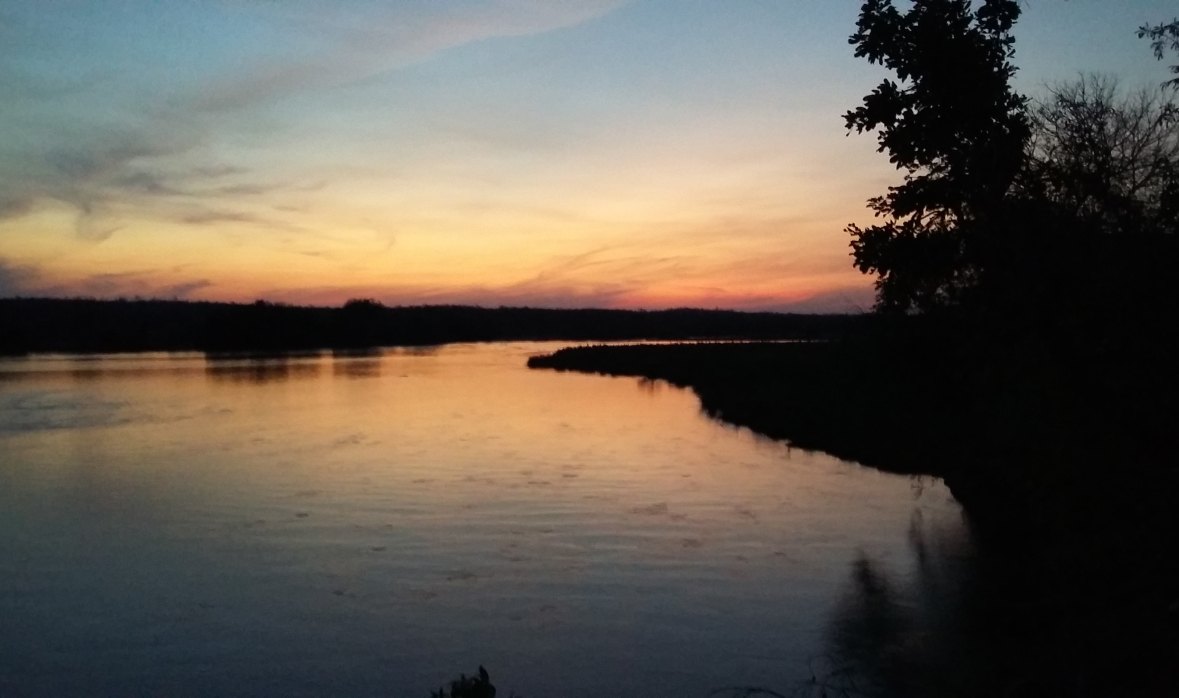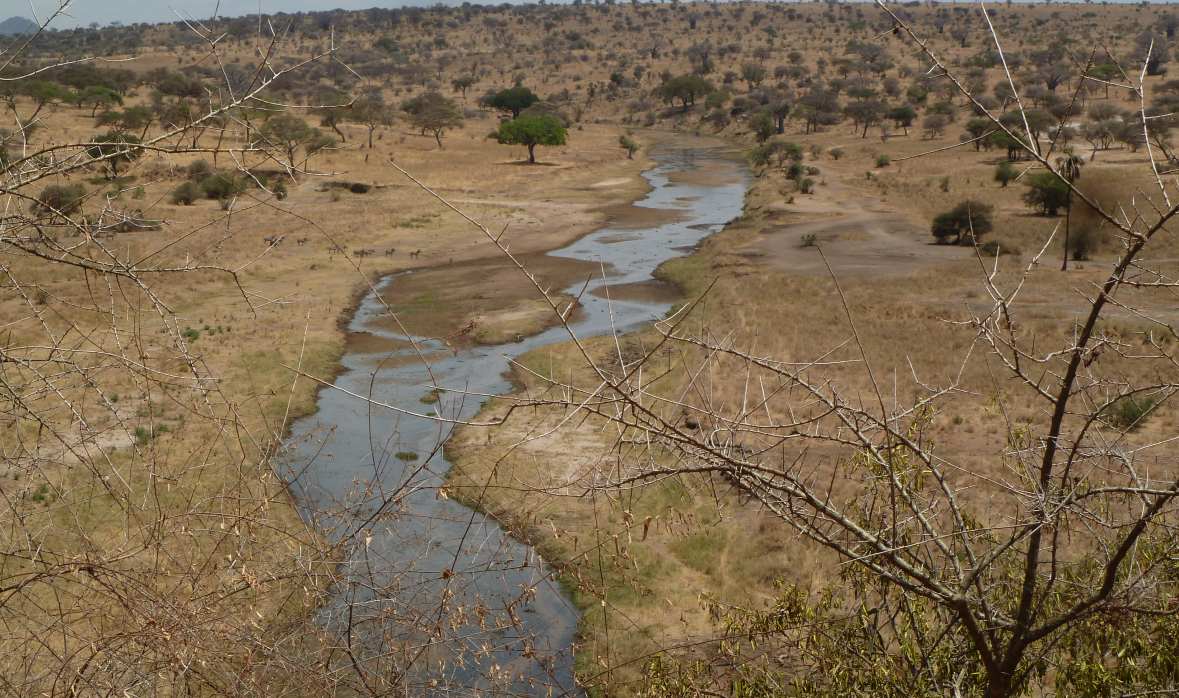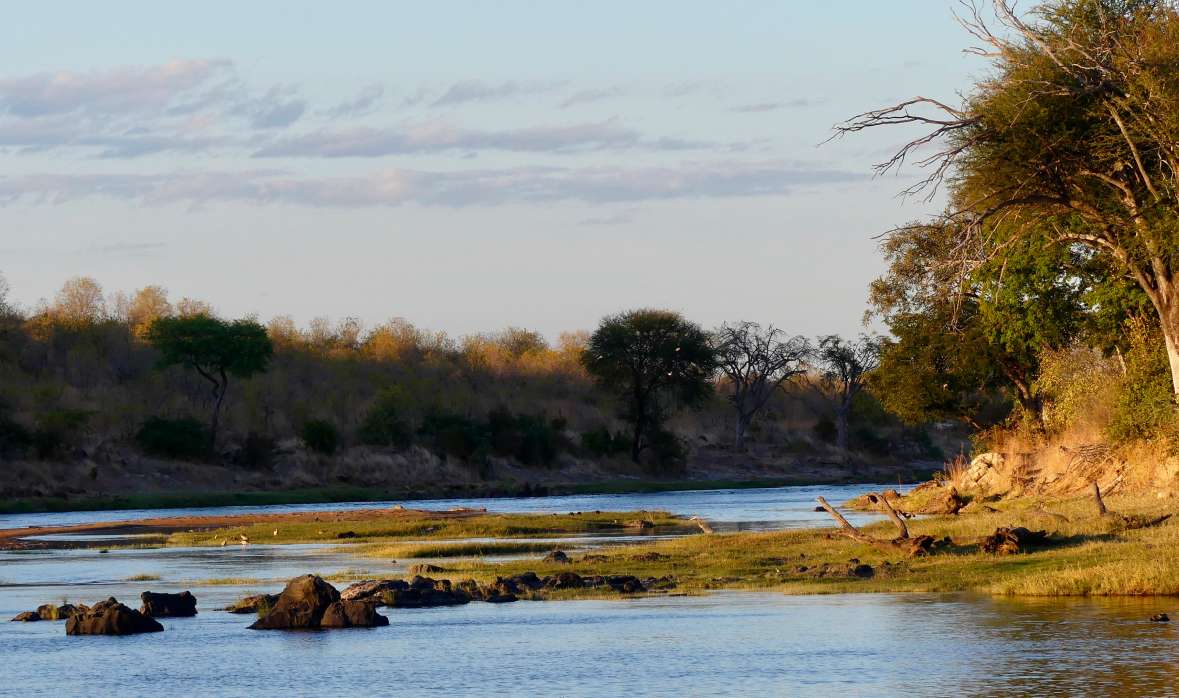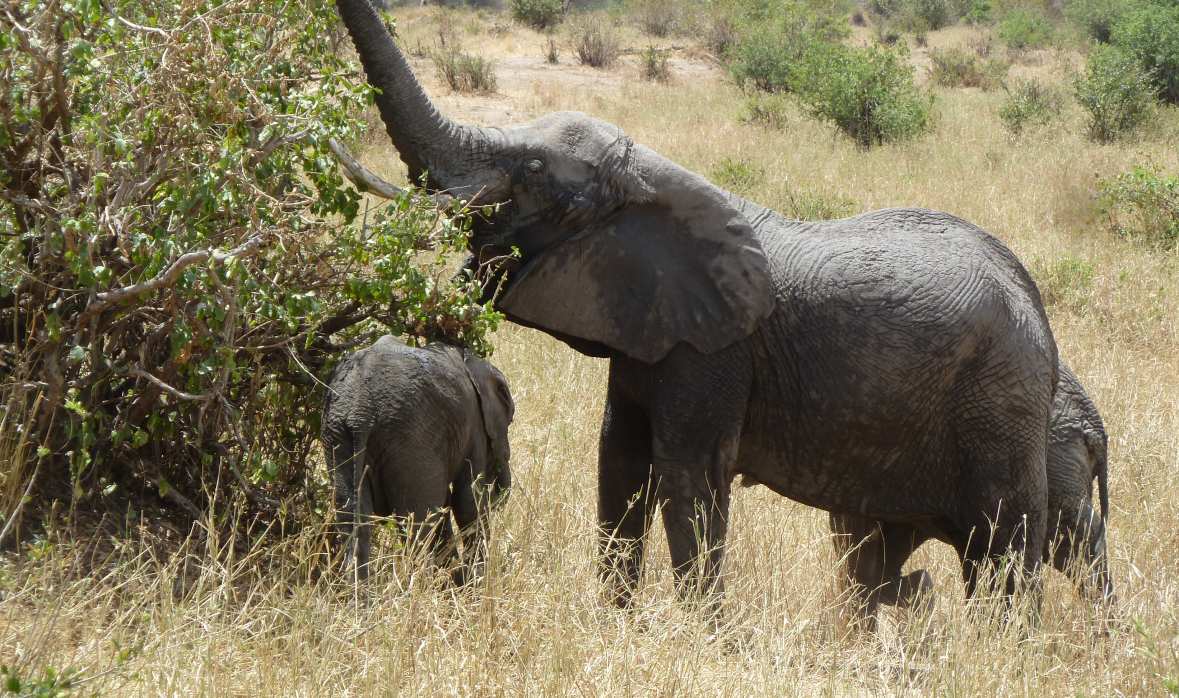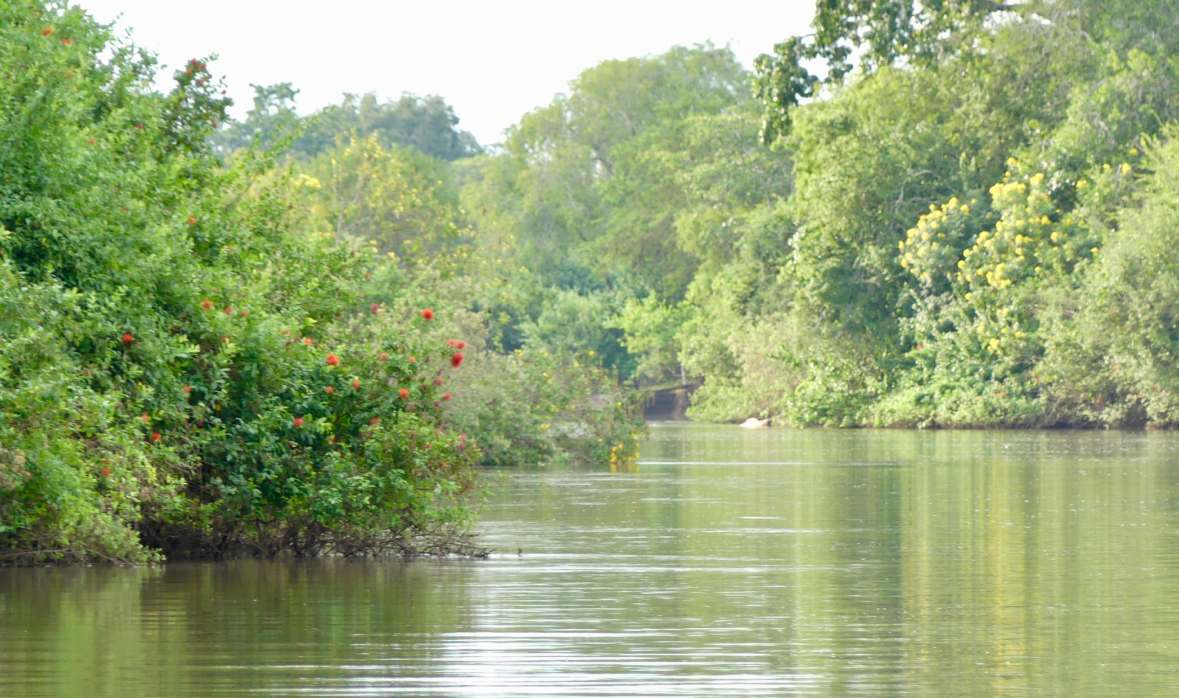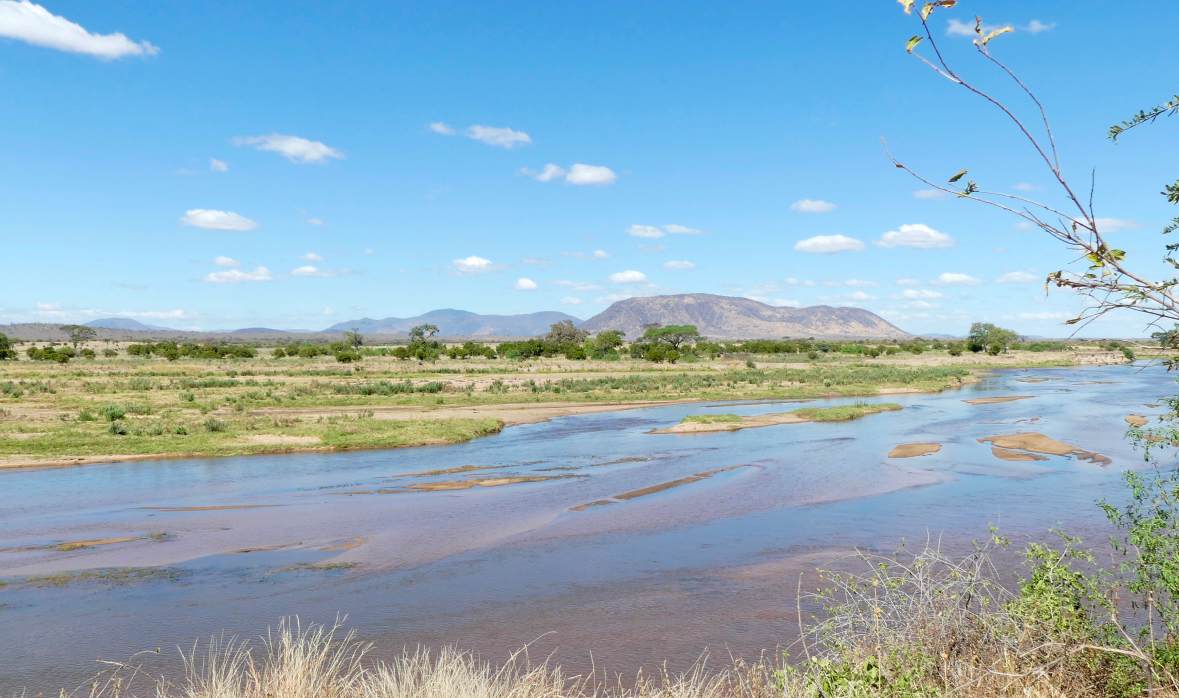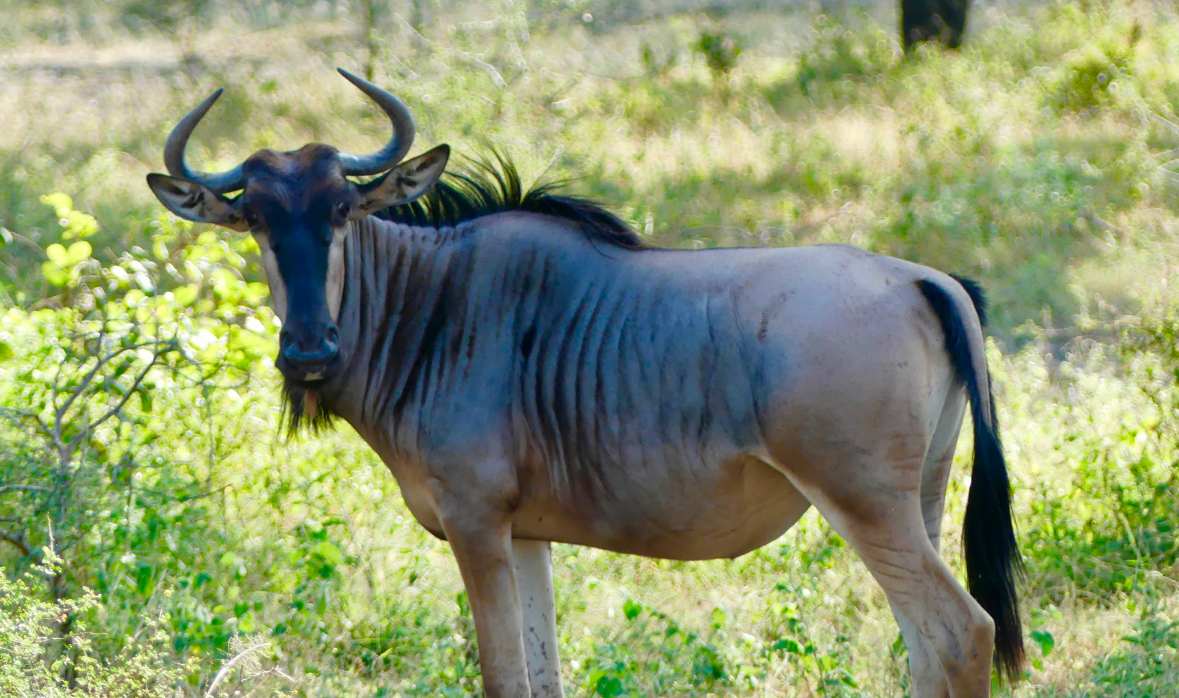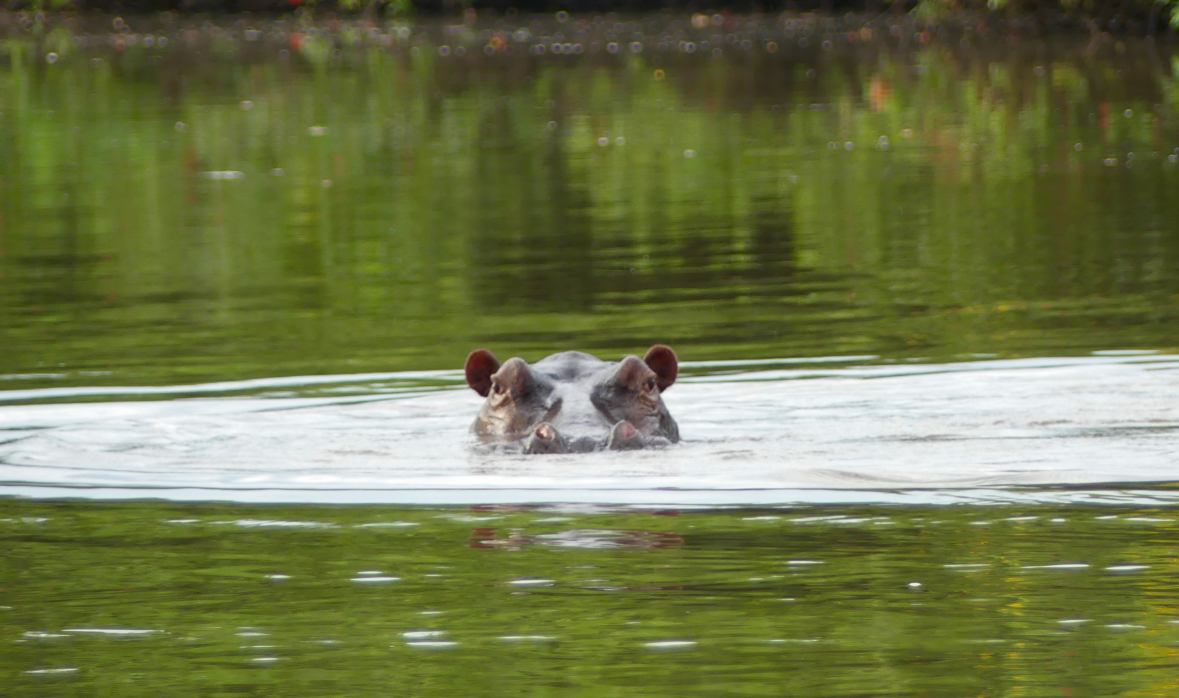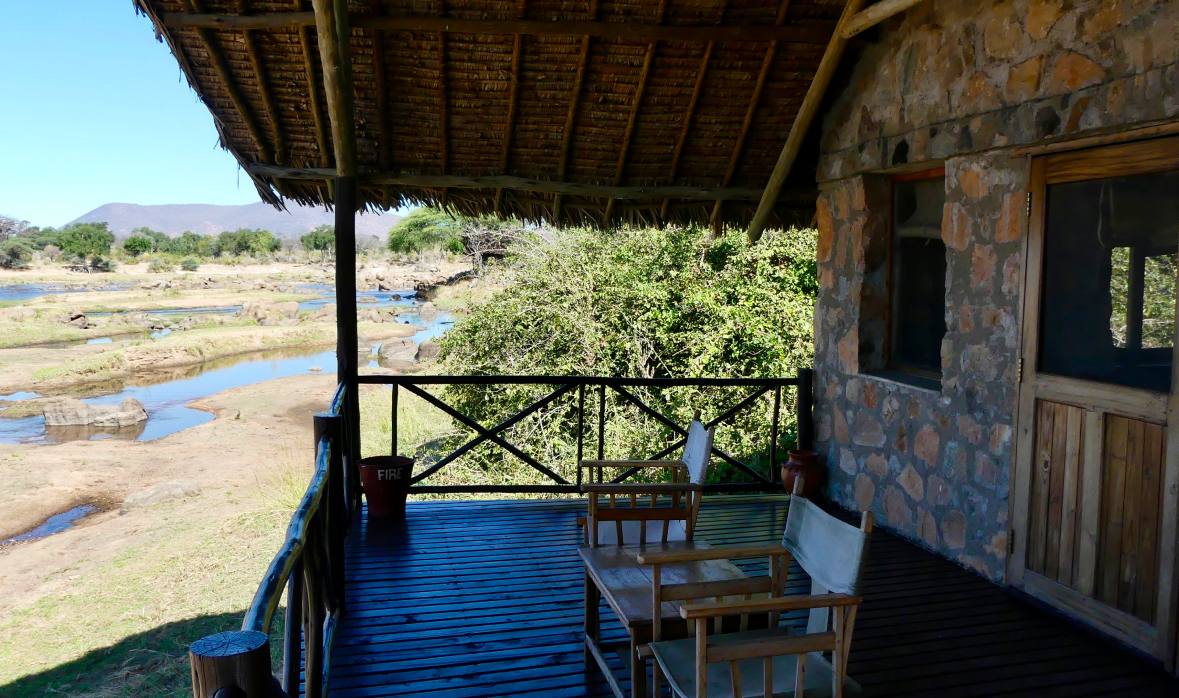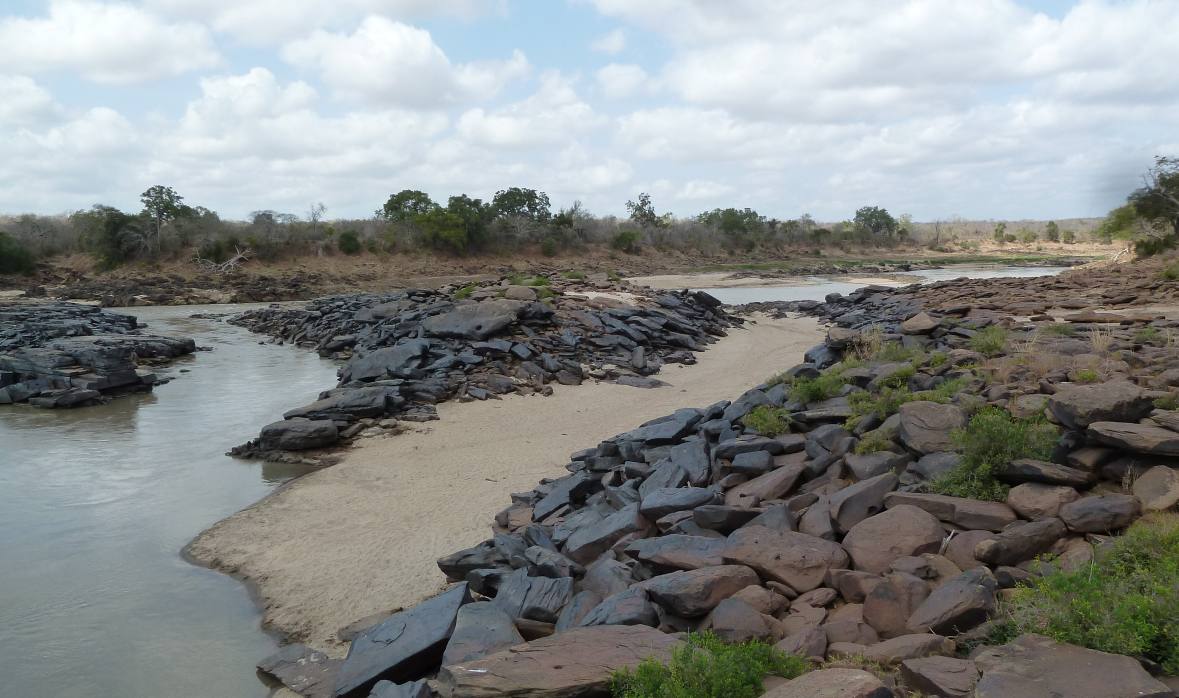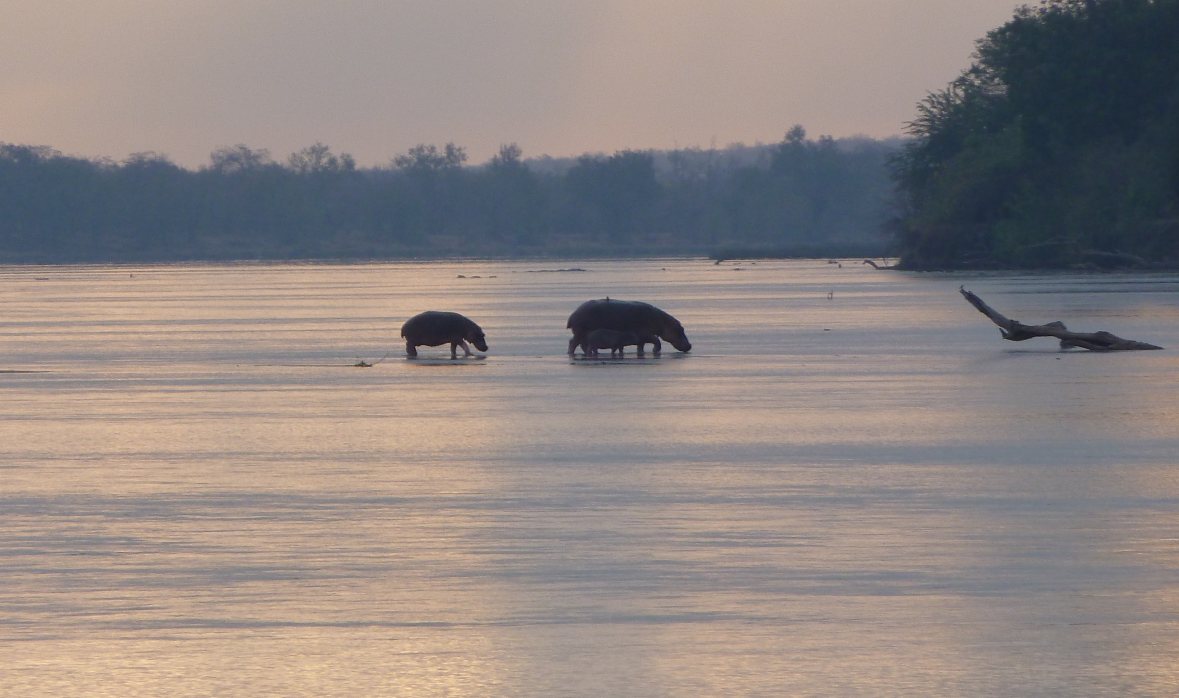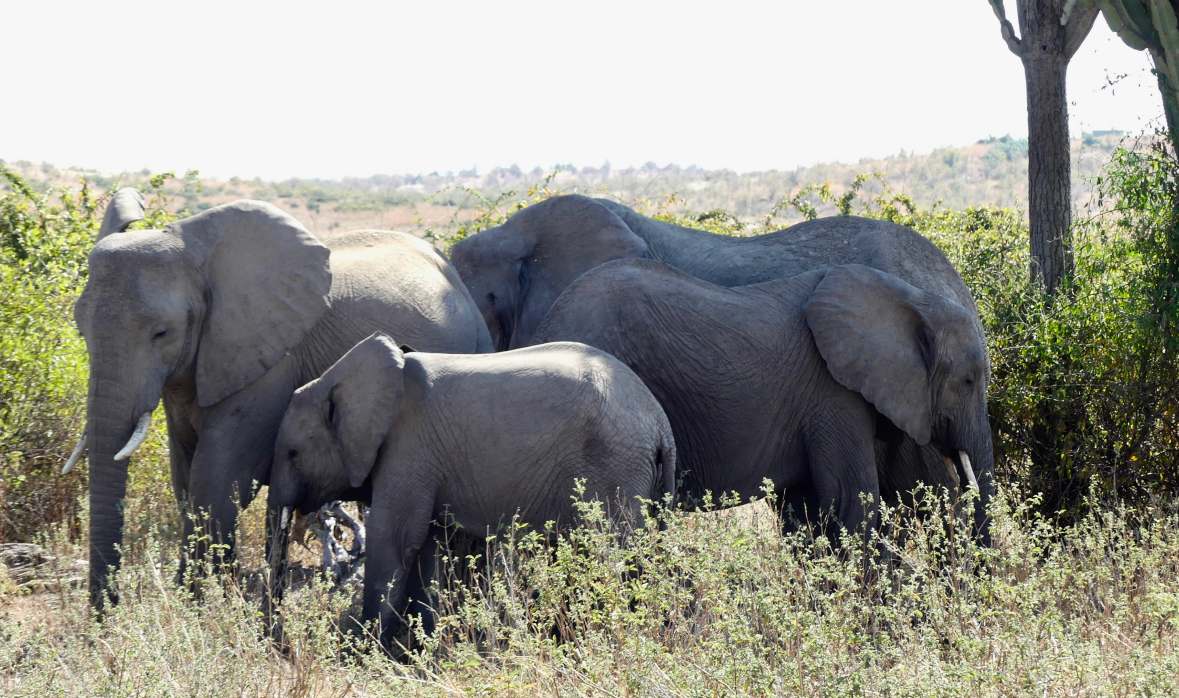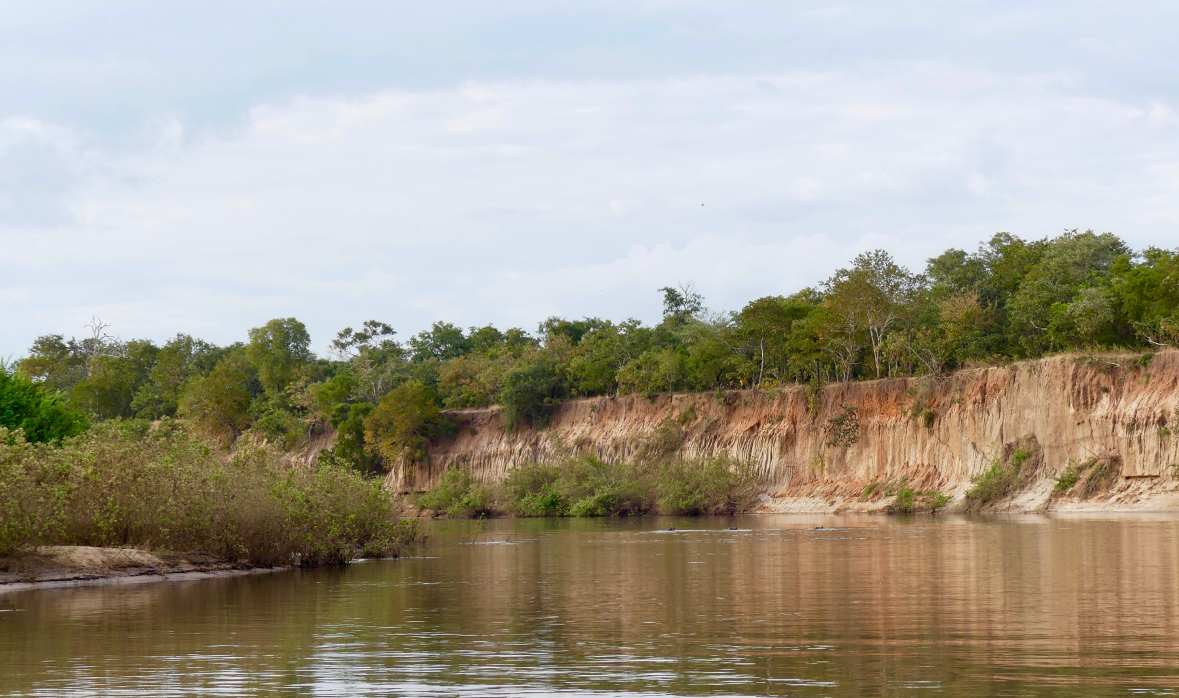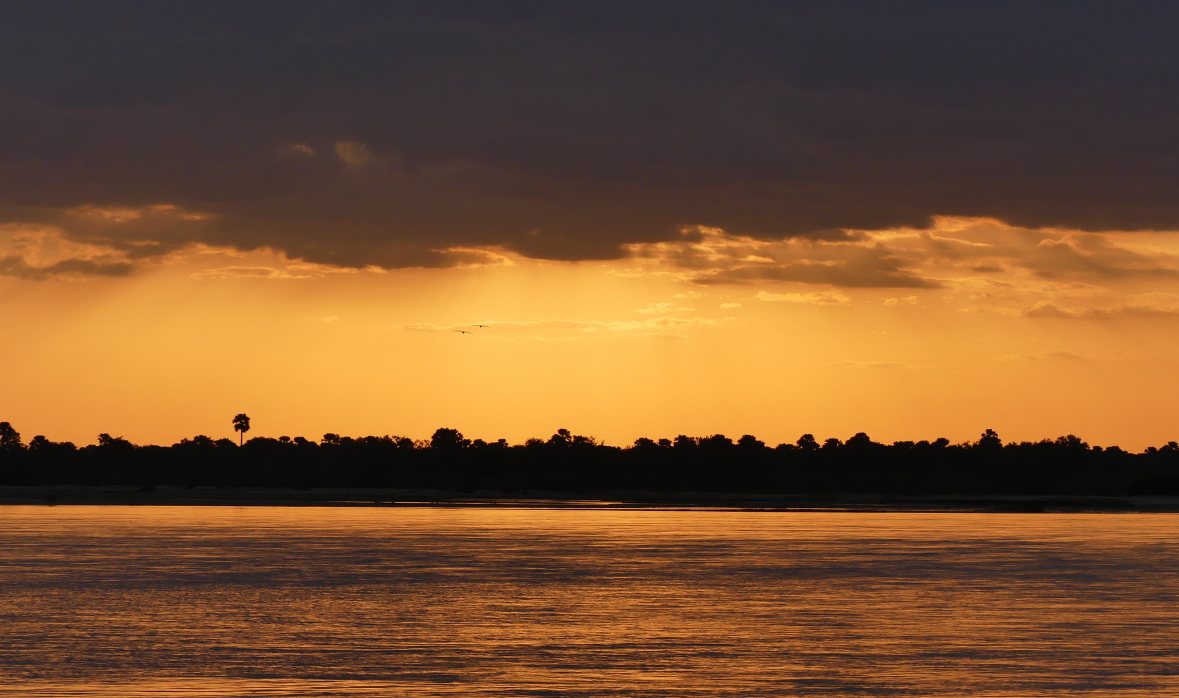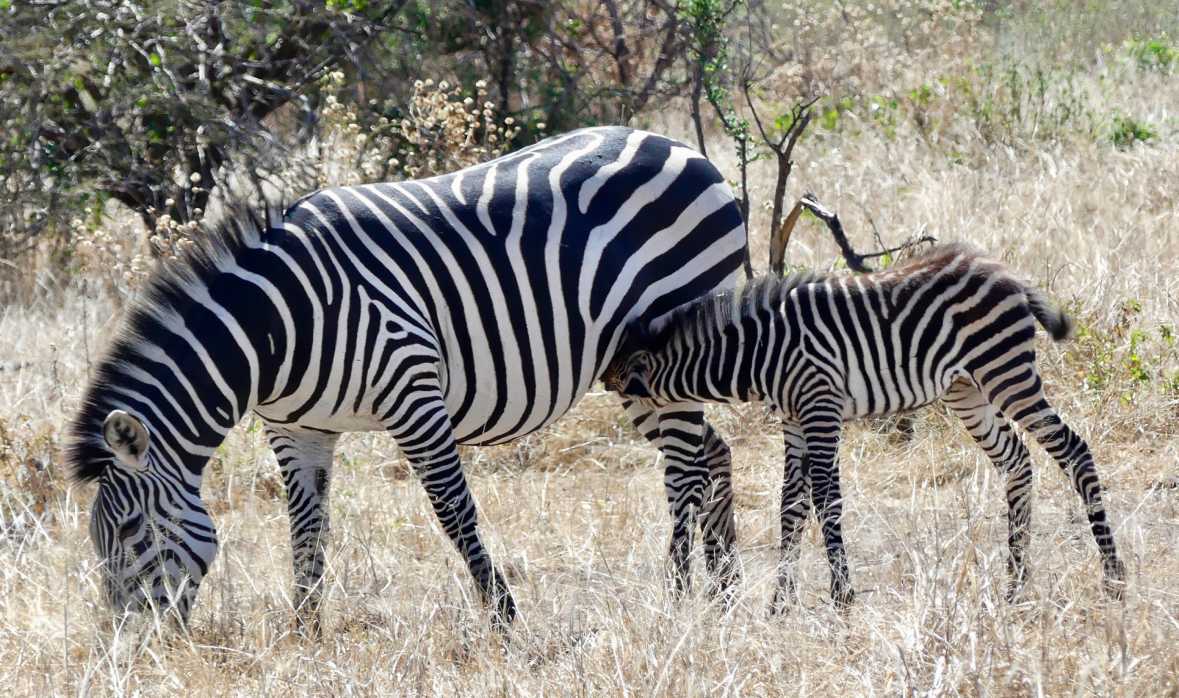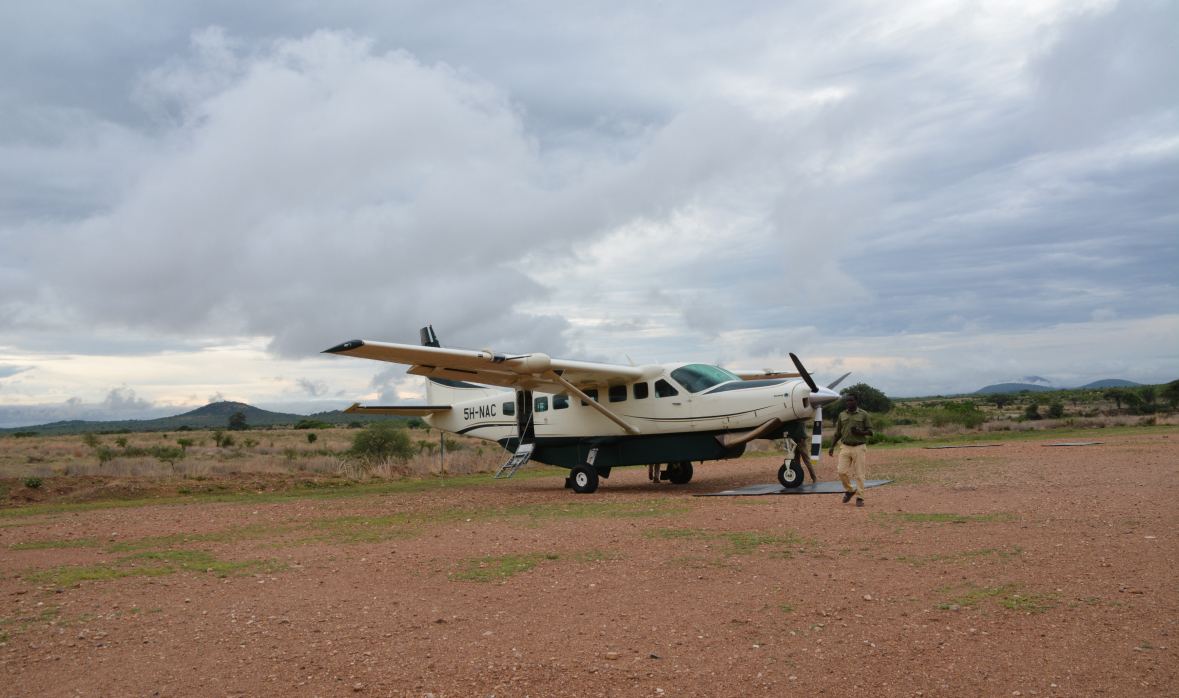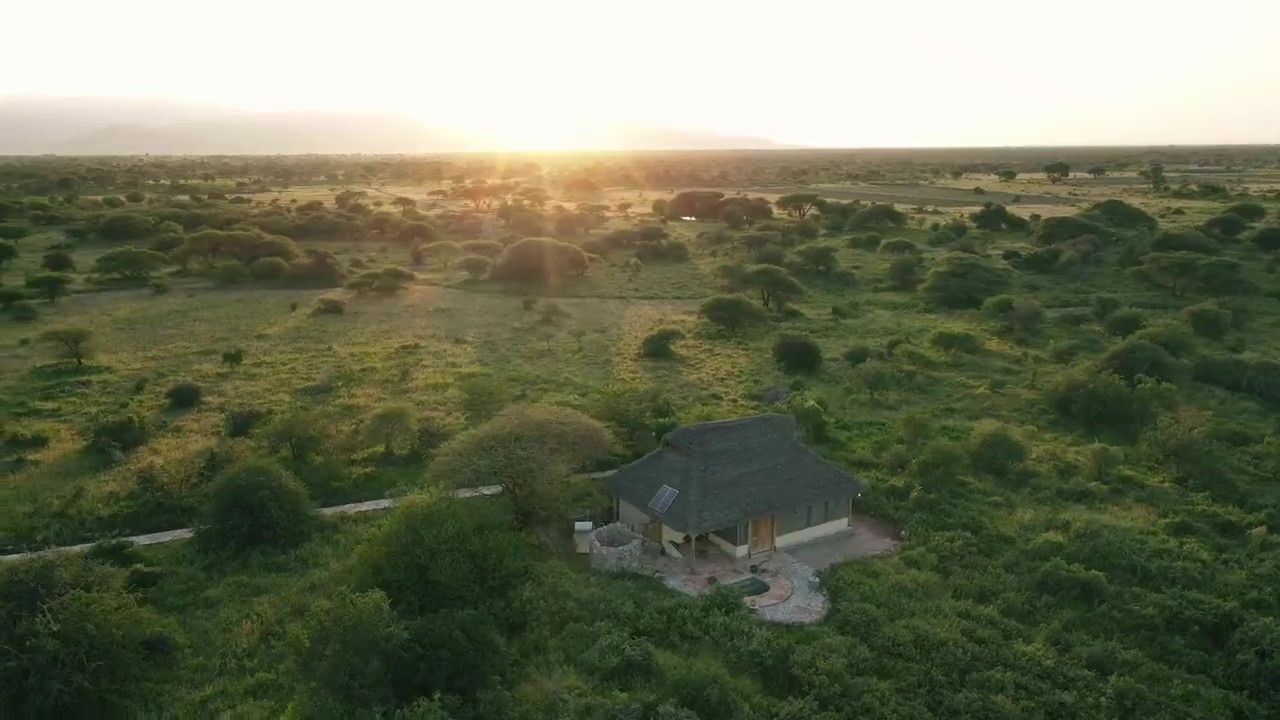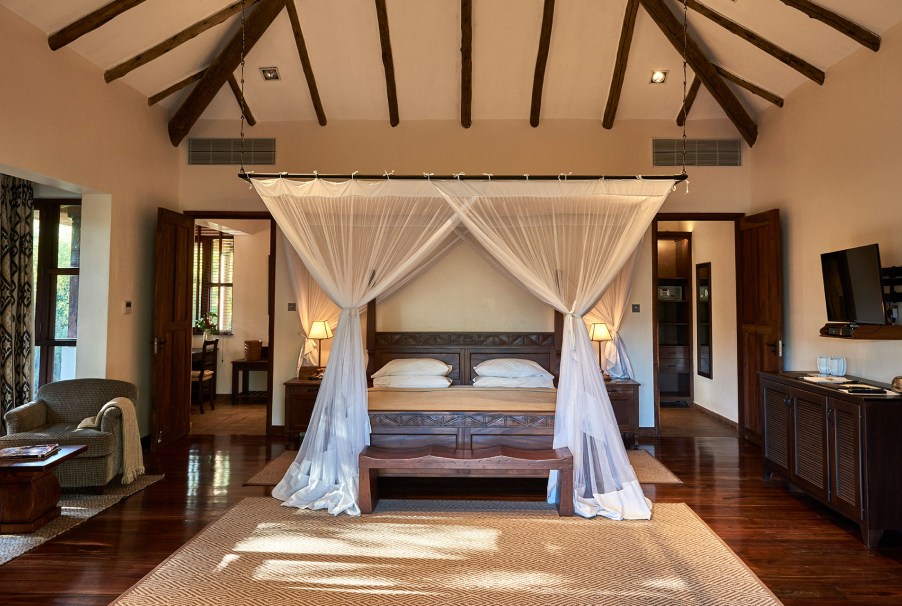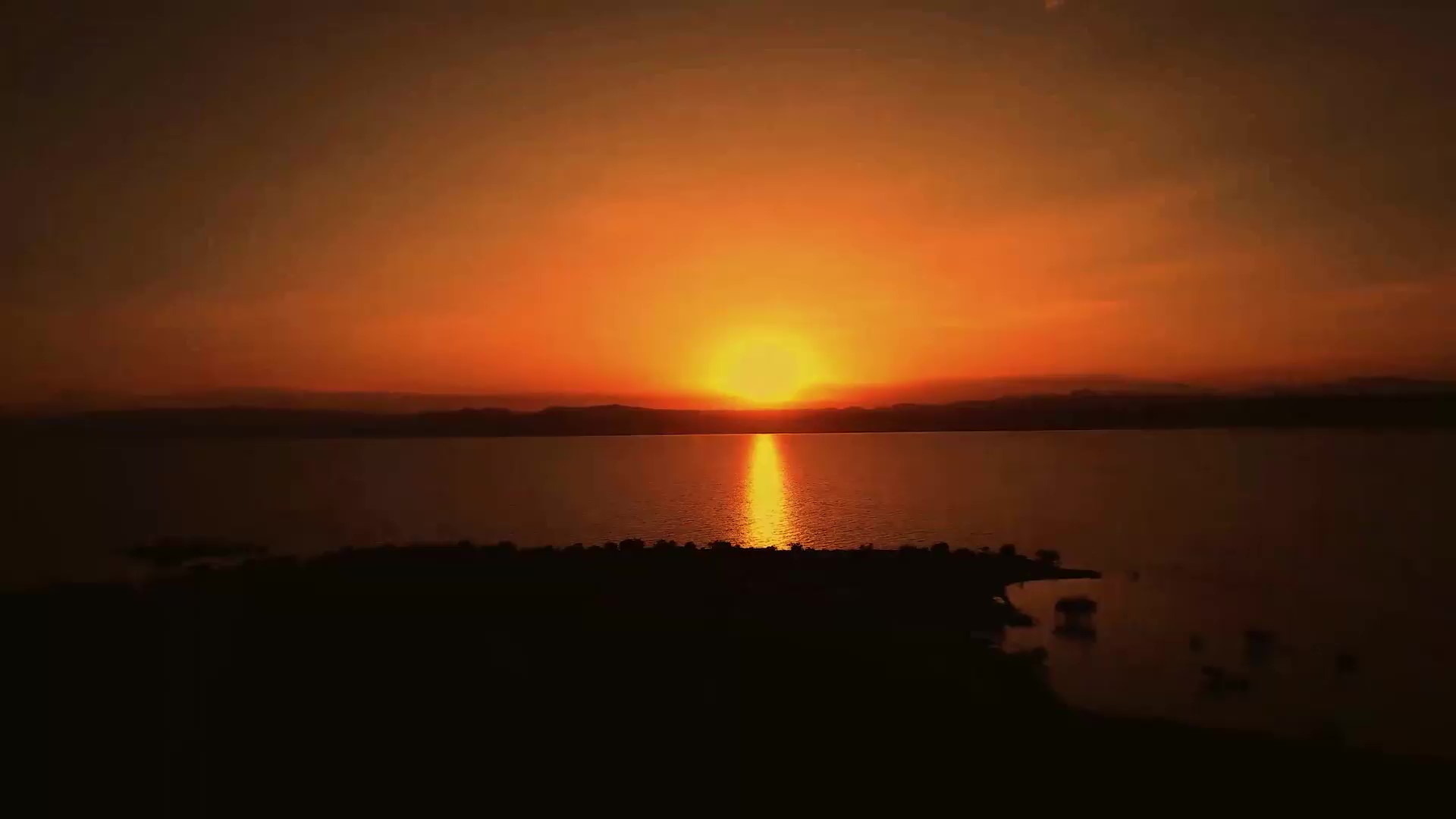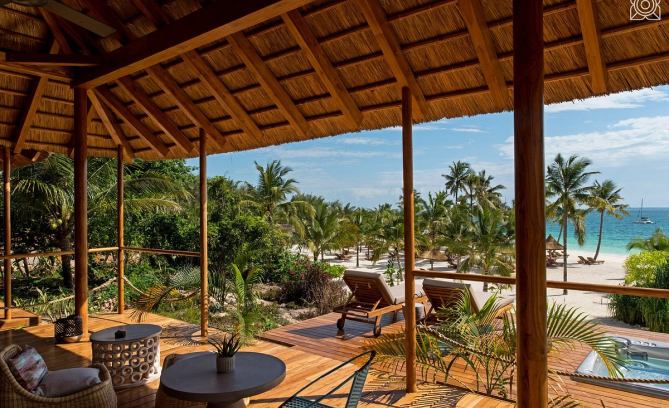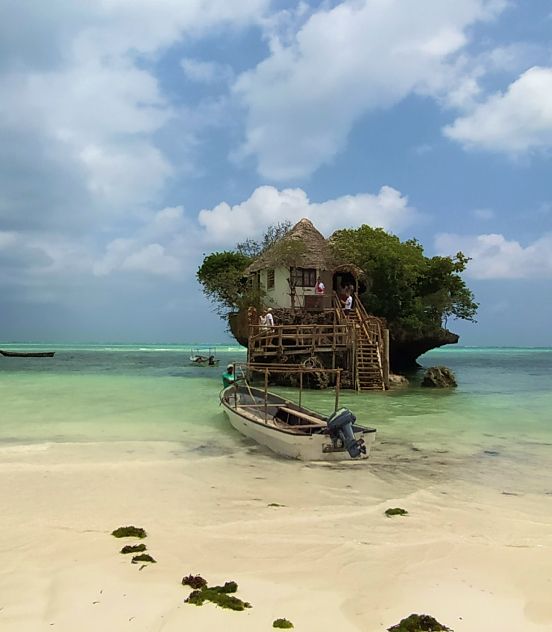Discover Southern Tanzania
The southern parks are much less visited than their northern counterparts. They offer breathtaking landscapes and lush nature where water plays a key role.
Overview
The southern parks are much less visited than their northern counterparts. They offer breathtaking landscapes and lush nature where water plays a key role.
June to December
8 days
From age 5
Let's talk wildlife
Here the wildebeest are blue, the predators are dogs (but they share the territory with cats) and the zebras don't have their usual stripes. The great kudu has found refuge here and hippos are everywhere, in great numbers. Not to mention the birds, obviously very plentiful here throughout the wet plains of Selous and Ruaha.
The safaris will be organised in ½ day or full day at your own pace in a 4X4 fully open, by boat or on foot depending on the park. It's a different approach to travel, and a haven for birdwatchers and botany enthusiasts.
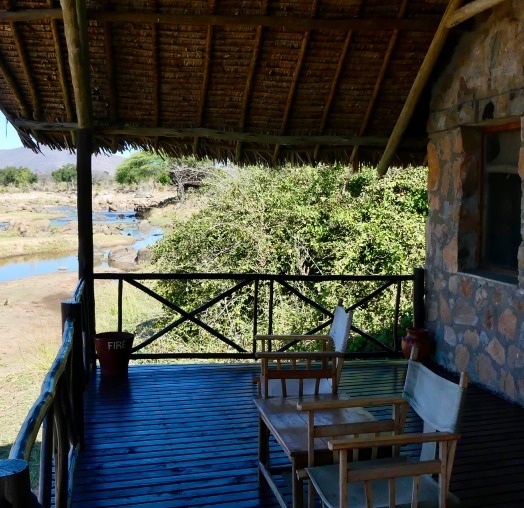
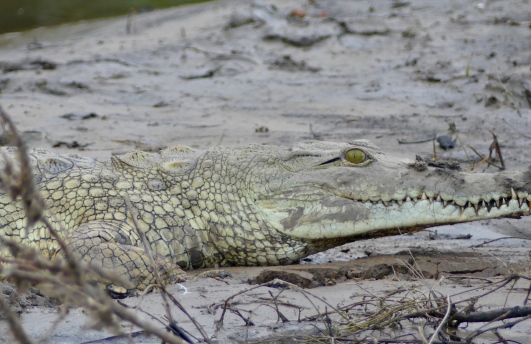
Your highlights
TWO SOUTHERN PARKS
First of all, discover the Unesco-listed Selous Game Reserve. Then head for Ruaha Park, probably the most beautiful wildlife park in the country.
A COMFORTABLE PACE
A trip with 2 ‘drop-off points’ to take your time and a magical charter plane ride.
SEASON
The best period to visit is from June to the end of December. However, wild dogs are easier to see in January, during the rainy season.
AWAY FROM THE CROWDS
Here, even in high season, you will often be alone in the parks, as there is little tourism in the southern parks’.
Itinerary
details
Browse through our tour and contact us to tailor it to your travel needs.
Day 1: Dar Es Salaam
Greeting at Dar Es Salaam airport by an English-speaking driver.
Hotel in Dar Es Salaam
Car or minivan
Day 2: Selous Park
In the morning, return to the airport and fly to Selous Park, now known as Nyerere Park, by small bush plane. Pick-up at the airport, transfer to the lodge for lunch. First safari in the afternoon in 4×4 in the park. Overnight in the park on a full-board basis overlooking the Rufiji River. A night lulled by the sound of birds and hippos!
Lodge in the park
Bush plane and private 4x4 vehicle
Day 3 and 4: Selous Park
Two days on safari with 4×4 vehicles, walking safaris and boat safaris. Overnight in the Selous Park on a full-board basis.
Some of the typical animals of the savannah (e.g. elephants, hippos, wild dogs, buffalo and crocodiles) are present in this park in greater numbers than in any other reserve or national park.
Nature here is lush. The Rufiji River flows through the park, creating large expanses of water, swamps, where we concentrate our safaris.
Lodge in the park
Private 4x4 vehicle
Day 5: Ruaha Park
In the morning, flight by caravan plane from Selous Park to Ruaha Park. Welcome at the airfield and transfer to the lodge for lunch. First 4×4 safari in the park in the afternoon. Overnight in Ruaha Park on a full-board basis.
Lodge in the park
Bush plane and private 4x4 vehicle
Day 6 and 7: Ruaha Park
Full-day or half-day safari in 4X4.
All rooms face the river. The animals come to drink regularly, and the colours are absolutely splendid. Here, most of the safari can be enjoyed from the terrace of your room!
The third largest park in Tanzania, Ruaha is - probably - the most beautiful park in the country, and the wildest in the world.
Lodge in the park
Private 4x4 vehicle
Day 8: Dar es Salaam
Fly back to the city of Dar es Salaam and connect to the international airport. You can also continue your journey to the island of Zanzibar for a well-deserved rest!
Bush plane
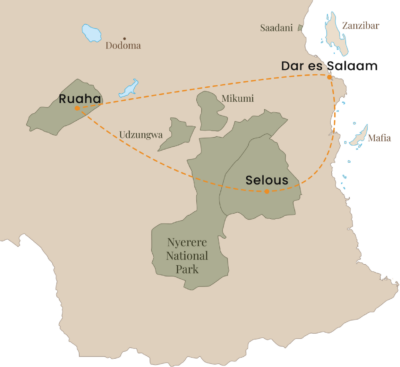
Our added value:
A tailor-made experience
An extra day? This itinerary can be modified according to your wishes, your availability and your budget. Our travel designers are on hand to help you build the safari of your dreams.
More information
Our criteria: charm, comfort and an exceptional location. The ethics of our partners reflect our commitment to responsible tourism. At Selous, discover a camp facing the Rufiji River. At Ruaha, you'll love lunch at the top of the lodge, with its superb view of the surrounding forest.
The price of a safari in Tanzania depends on the number of participants, since certain costs, such as the vehicle, are shared.
The season is also important, and there is a significant difference in price between high and low season.
We invoice in US Dollars, so please be aware of the conversion rate.
The season is also important, and there is a significant difference in price between high and low season.
We invoice in Dollars US, so please be aware of the conversion rate.
This trip starts at US$4,500 per person for 2 participants in a double room, during the low season.
THE PRICE INCLUDES
- Full service from day 1 to departure transfer
- The entire safari in a private 4×4 Toyota Land Cruiser or Nissan vehicle equipped with radio, water cooler, fridge and sunroof, with a English-speaking guide.
- Full board basis for meals
- Government park entrance fees
- Our assistance throughout your stay
THE PRICE DOES NOT INCLUDE
- Flights
- Visa fees
- Insurance
Selous and Ruaha are the two largest parks in the south, but it is possible to extend the tour to Mikumi National Park, Udzungwa National Park and its waterfalls, or Katavi National Park.
Looking for a beach break? Zanzibar or Saadani are also possible. Talk to us about creating your own itinerary to suit your preferences!
Frequently Asked Questions


How do I book?
Step 1
Choose a trip that inspires you from our catalog
Step 2
Contact us by requesting a quote on our website
Step 3
Personalize your experience with our travel designers
Step 4
Confirm your reservation and start packing!
